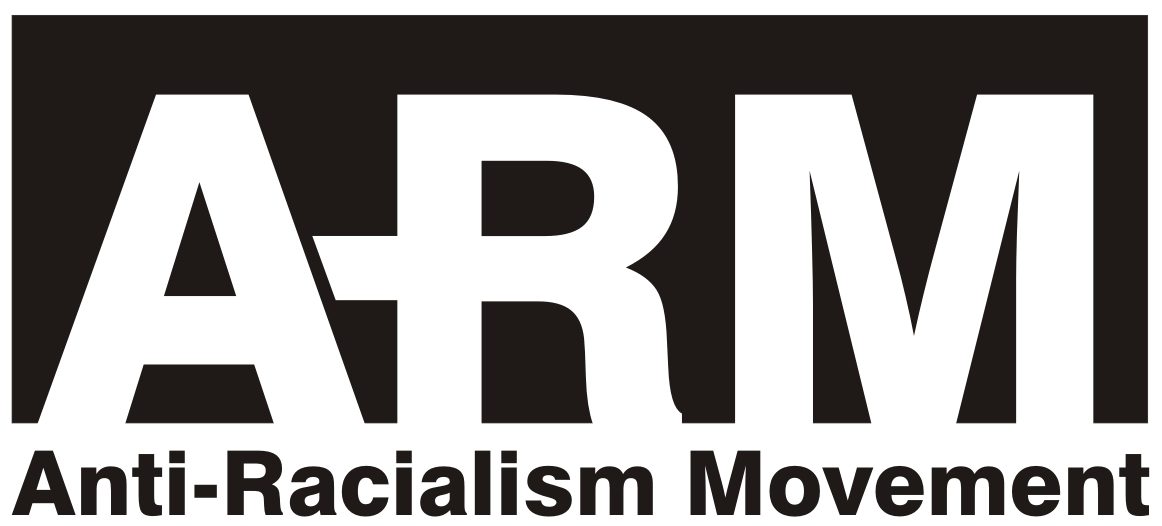Montagu’s Repudiation of Race
In the 1941 paper “The Meaninglessness of the Anthropological Conception of Race,” read before the American Association of Physical Anthropologists, Montagu accused his colleagues of taking “completely for granted the one thing which required to be proven, namely, that the concept of race corresponded with a reality which could actively be measured and verified”
and failing to prove that individuals of any particular group bore “a certain aggregate of characters which individually and collectively serve to distinguish them from the individuals in all other groups” (1942:30).Montagu argued that while anthropologists might cling to the race concept, geneticists had already moved beyond it. Moreover, when anthropologists were confronted by evidence that the concept could not be systematically applied, “they sought to escape the consequences by calling the term a ‘general’ one” (1942:31). Montagu also criticized the method of “averaging,”
which, he implied, obscured the fact that variation within a group was as great as variation between groups.
Unlike Benedict, who sought to incorporate the genetic “modern synthesis” into a definition of race, Montagu concluded that a proper understanding of population genetics actually proved the concept of race had no validity.Race and the Culture of Anthropology – Visweswaran – 1998 – American Anthropologist – Wiley Online Library
If it be agreed that the human species is one and… consists of a group of populations which … replace each other geographically or ecologically and of which the neighboring ones intergrade or hybridize wherever they are in contact, … then it should be obvious that… the character of these populations must lie in the study of the frequency distribution of the genes which characterize them—and not in the study of entities which are purely imaginary. [Montagu 1942:36]
